April 17, 2025 | 17:42 GMT +7
April 17, 2025 | 17:42 GMT +7
Hotline: 0913.378.918
April 17, 2025 | 17:42 GMT +7
Hotline: 0913.378.918
Deputy Minister of Agriculture and Rural Development Phung Duc Tien and a delegation from the Ministry conducted an inspection and meeting session with Quang Ngai province on September 14. Accordingly, the parties discussed the efforts to combat illegal, unreported, and unregulated (IUU) fishing activities in the province.
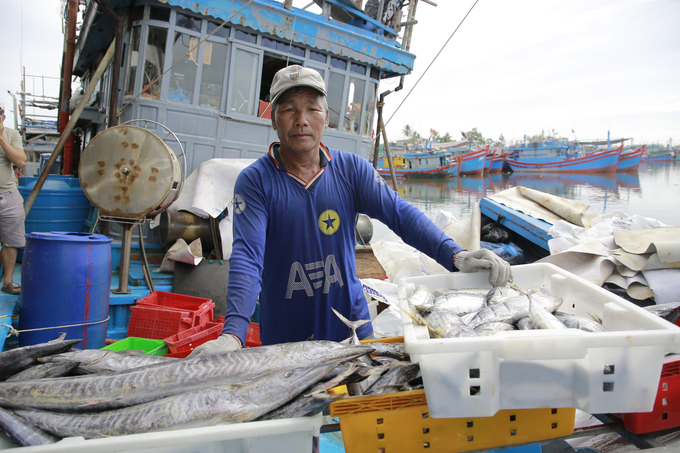
Quang Ngai province has witnessed positive developments in its efforts to combat IUU fishing activities. Photo: Le Khanh.
According to Quang Ngai province's Department of Agriculture and Rural Development, the province has over 4,290 fishing vessels with a total capacity of nearly 1.8 million CV as of September 2023. Most notably, there are over 3,120 fishing vessels with a minimum length of 15 meters for offshore fishing. The main fisheries exploitation activities include trawling, seine fishing, trap fishing, and angling, involving approximately 38,000 laborers. The province's seafood production in the first eight months of 2023 reached nearly 204,000 tons, which is a decrease of 0.8% compared to the same period in 2022.
Quang Ngai Province currently has five fishing port facilities and sheltered areas for fishing vessels in Tinh Ky, Tinh Hoa, Ly Son, My A, and Sa Huynh that have been officially opened and certified by the Ministry of Agriculture and Rural Development as meeting the requirements for origin traceability.
After the European Commission issued a "yellow card" for Vietnam's seafood sector in 2017, Quang Ngai Provincial People's Committee established a Steering Committee for local IUU Fishing Prevention in 2019. The Committee is chaired by the Vice Chairman of the Provincial People's Committee, with two deputy heads, including the Director of the Department of Agriculture and Rural Development and the Deputy Commander of the Provincial Border Guard Command. The Committee is also composed of members from multiple departments, agencies, and local governments.
With resolute and continuous guidance, Quang Ngai province has effectively addressed the shortcomings in seafood exploitation activities as highlighted by the European Commission), leading to tangible results. As a result, the province has achieved the following: all of the province's fishing vessels have been registered with over 97% compliance rate with vessel marking regulations. Additionally, nearly 83.4% of fishing vessels have been granted licenses for seafood exploitation.
Quang Ngai stands out as a province with a relatively high rate of fishing vessels equipped with vessel monitoring systems, with 99.1% of vessels with a minimum length of 15 meters having installed these devices. However, there are still 26 fishing vessels in the province that have not yet complied with this requirement, primarily smaller vessels engaged in nearshore fishing activities along coastal areas and in shallow waters.
One of the positive developments in Quang Ngai's seafood industry is the significant reduction in violations of fishing vessels operating in foreign waters. This is the result of intensified dissemination efforts, changes in awareness and the actions of state management agencies, and direct compliance with IUU fishing prevention regulations.
However, despite these accomplishments, there are still certain limitations in the management and monitoring of fishing vessels, according to Mr. Ho Trong Phuong, Director of Quang Ngai province's Department of Agriculture and Rural Development. Namely, the existing fishing ports and harbors within the province currently meet only one-third of the docking needs for the local fishing fleet. Furthermore, ongoing port construction projects are incomplete and lack synchronization, which hinders effective management and utilization.
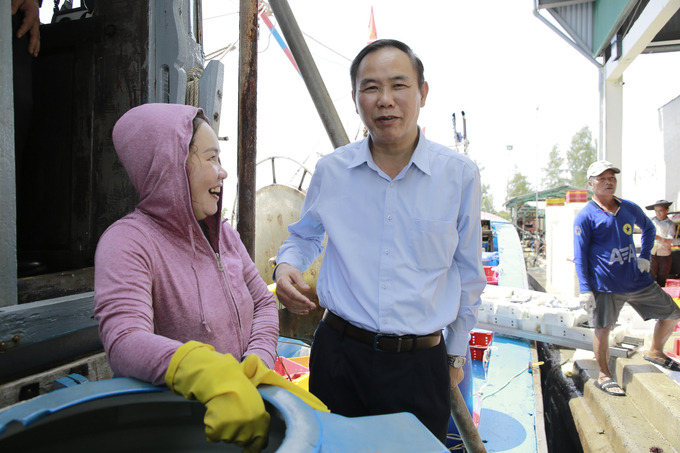
Deputy Minister of Agriculture and Rural Development Phung Duc Tien, visiting and talking with fishermen at the Tinh Hoa fishing port in Quang Ngai province. Photo: Le Khanh.
"The annual budget allocation for the maintenance and repair of infrastructure is insufficient compared to actual needs. The entrances to ports and anchorage areas are regularly filled with silt, causing difficulties in vessel traffic. The planning areas at fishing ports for investment in fisheries-related services are severely limited. Sa Can Sea Gate does not have a fishing port, so offshore fishing vessels in this area have to travel to designated fishing ports to offload their catches as required, which creates difficulties for fishermen and state management," Mr. Phuong highlighted.
Mr. Phuong also acknowledged that the management of fishing vessels in the province is not strict. Several fishing vessels have operated without complying with regulations and technical safety standards in the past. Consequently, these vessels caused difficulties in the registering, inspecting, and granting licenses for seafood exploitation as stipulated by the Law on Fisheries.
A considerable number of fishing vessels and fishermen from Quang Ngai province regularly operate outside the province for extended periods, making it challenging to manage these vessels. Patrols, inspections, and controls at sea are not conducted regularly, making it difficult to detect and deal with violations such as fishing in the prohibited areas, using the prohibited methods, or lacking necessary licenses for seafood exploitation.
In response to these challenges, Quang Ngai province has proposed the Ministry of Agriculture and Rural Development to instruct local governments to strengthen the management of fishing vessels operating beyond the provincial boundaries and strictly address violations related to IUU fishing. Additionally, the province recommended providing financial support for the construction and completion of fishing ports and storm shelters for fishing vessels within the province; reviewing and amending regulations to resolve issues related to the documentation and registration procedures for fishing vessels, with a focus on vessels which have operated independently for an extended period of time without appropriate registration. Accordingly, the province aims to ensure that all of its active fishing vessels have licenses for seafood exploitation.
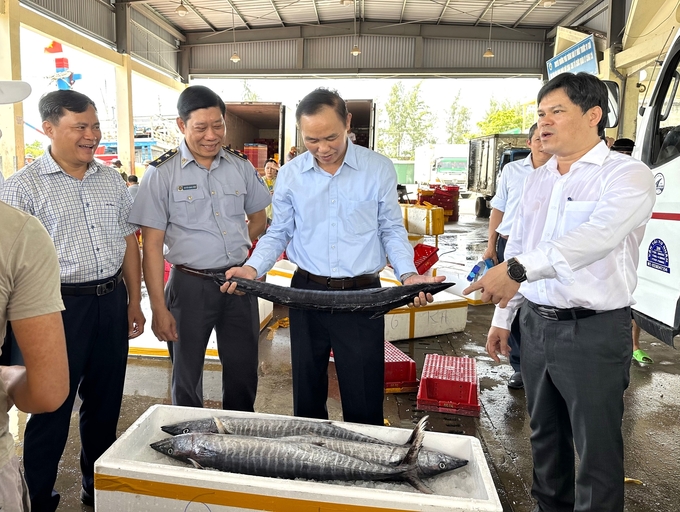
Deputy Minister Phung Duc Tien has suggested Quang Ngai province to promptly address the existing limitations and coordinate to remove the "yellow card" issued by the European Commission. Photo: Le Khanh.
According to Mr. Nguyen Quang Hung, Director of the Department of Fisheries Surveillance, Quang Ngai province has achieved significant progress over the years. Most notably, the province has succeeded in controlling the entry and exit of fishing vessels, inspecting the catch volume, and confirming, certifying, and enforcing the law. However, Quang Ngai province houses a large fleet of fishing vessels with a minimum length of 15 meters. As a result, the province needs to further enhance its management at local ports, which involves assigning sufficient personnel and officials at the ports to monitor the entry and exit of fishing vessels and inspect the catch volumes.
"It is necessary to continue to disseminate information and encourage fishermen to engage in legal fishing, utilizing environmentally friendly tools and minimizing prohibited fishing practices to maintain common benefits and sustainable economic development. Quang Ngai province should also consider reducing the number of fishing vessels and adjusting the fleet structure to match the natural fishery resources as well as the local waters," Mr. Hung said.
According to Deputy Minister of Agriculture and Rural Development Phung Duc Tien, Quang Ngai province has seen the resolute involvement of various government levels, and local governments. As a result, fishing vessels have stopped violating in foreign waters.
However, there are still certain limitations in the management and monitoring of fishing vessels in the province, especially those from outside the province due to a lack of close coordination between Quang Ngai and other provinces. Additionally, the infrastructure of fishing ports has failed to meet the requirements, and family-owned fish markets are relatively common. Consequently, the management of catch volume is inadequate, and traceability is limited.
"These outstanding issues must be addressed promptly and in-depth in order to remove Vietnam's 'yellow card'. According to the schedule, the EC will conduct its fourth inspection from October 11 to 18. Quang Ngai succeeded in preventing its fishing vessels from violating in foreign waters. Nevertheless, the province needs to closely manage its fishing fleet and catch volumes as required by the EC's third inspection team.
Furthermore, administrative violations must be handled in accordance with regulations. Solving the IUU issue is also an approach to promote sustainable, long-term fishery development, regional and international integration in accordance with the 2017 Law on Fisheries", Deputy Minister Phung Duc Tien concluded.
Translated by Nguyen Hai Long
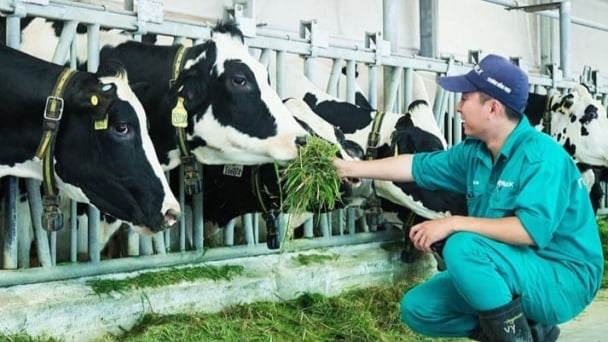
(VAN) According to Tong Xuan Chinh, Deputy Director of the Department of Livestock Production and Animal Health, Vietnam’s dairy cattle industry must overcome seven major challenges to achieve sustainable development.
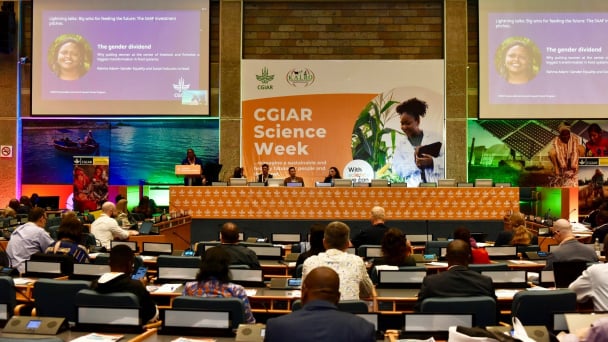
(VAN) The CGIAR’s Sustainable Animal and Aquatic Foods (SAAF) program represents a new approach that emphasizes the transformation of food systems toward sustainability.
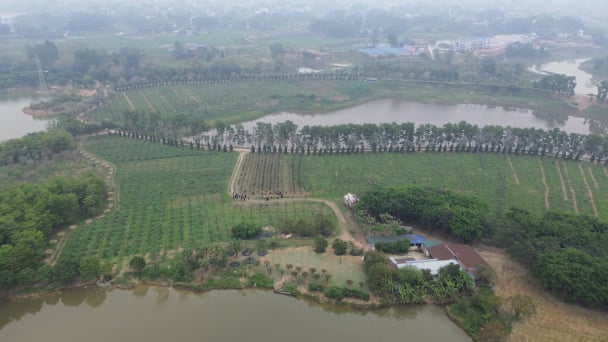
(VAN) Scientists assume that industrial agriculture has been 'outdated.' As a result, a comprehensive overhaul or a revolution in the direction of embracing ecological agriculture is needed.
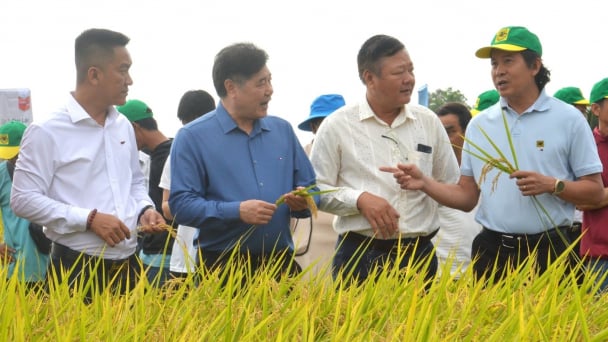
(VAN) The results from pilot fields are catalyzing the expansion of the One million hectares of high-quality, low-emission rice project in Kien Giang.
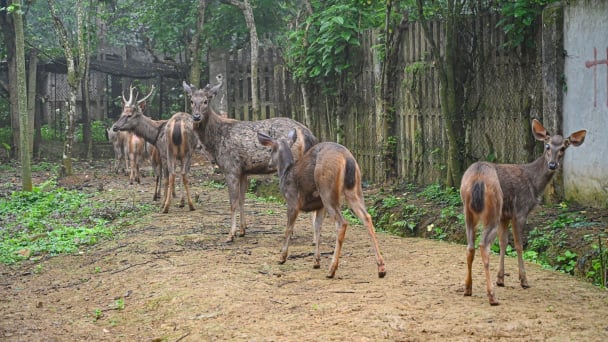
(VAN) On the morning of April 11, Cuc Phuong National Park received 18 individuals of endangered and rare wild animals from Da Nang city.
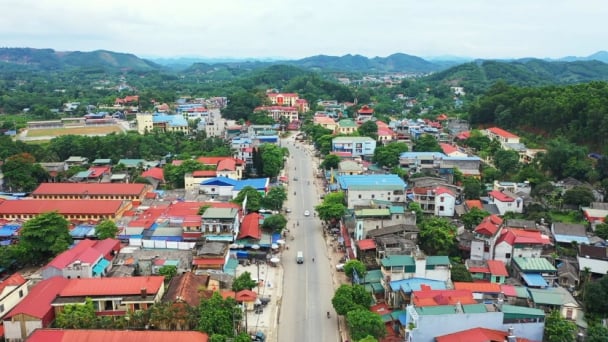
(VAN) FAO supports Vietnam in enhancing survey sampling techniques for the 2025 nationwide agricultural and rural census.
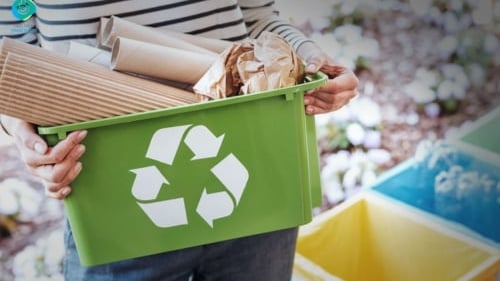
(VAN) By participating in the green transition, manufacturers become an indispensable part of the circular economy, contributing to resource optimization and environmental protection.